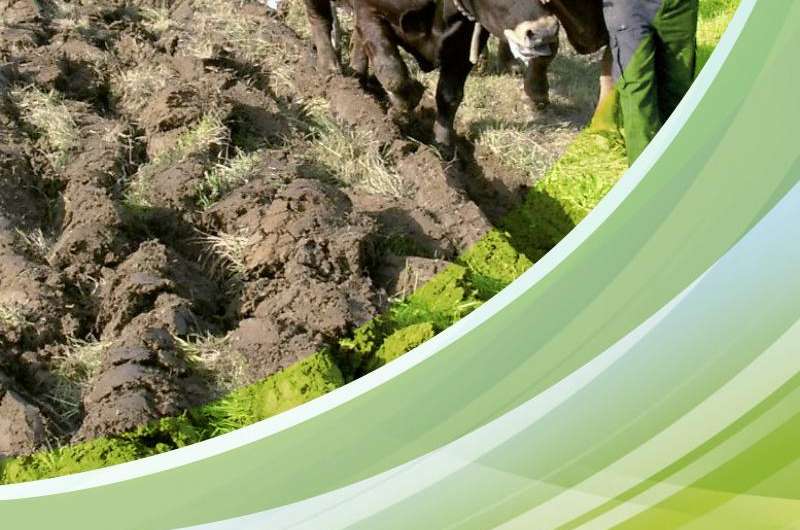'Health cards' to find out the condition of agricultural ecosystems

In order to provide farmers and anyone else involved in managing agricultural ecosystems with a tool enabling them to assess the impact of their farming practices on the health of their crops and soils, the Basque Institute for Agricultural Research and Development NEIKER-Tecnalia has created its new TSEAs or 'Agricultural Ecosystem Health Cards'. These handbooks are an improved version of the cards created in the 1980s by the United States Department of Agriculture. The R&D centre is holding various meetings to make these handbooks known to various groups (growers, technicians, scientists and the administration) linked to the agricultural sector and who will receive them free of charge.
The TSEA enables the health of agricultural ecosystems to be diagnosed through the analysis of a series of indicators on a surface level (crop) and underground (soil) level in a way that is both practical and straightforward for the user. Knowledge about the state of health of agroecosystems makes it possible to manage crops and land in the most appropriate and sustainable way from the socio-economic and environmental perspective.
The cards indicate which health indicators can be measured, how to measure them correctly, the meaning of each indicator and the reference values considered to be 'good', 'average' and 'bad'. In order to adapt them to the knowledge and interests of each user, the indicators are divided into two categories whereby a 'basic' or an 'advanced' diagnosis can be made.
The basic diagnosis can be made by anyone, irrespective of his or her previous specific training and economic resources, just by following the field handbook and equipped with the tools available to any user. Among the basic indicators are measurements as simple as productivity (fruit yield per plant), soil compaction and the richness of organic material in the soil (assessed according to its reaction to hydrogen peroxide). It also makes it possible to know the abundance of earthworms and other organisms in the soil and includes photos to assist in identifying them.
As regards the advanced diagnostic indicators, most of them are measured in the lab so this calls for professional equipment and prior training. To make this diagnosis correctly, NEIKER-Tecnalia has proper human and technological resources which can be subcontracted by any interested party.
Biological parameters
In both the basic and advanced indicators the new cards focus mainly on parameters of a biological type, in particular of a microbiological type. The reason is that despite their small size, microorganisms are responsible for between 80% and 90% of the biological activity in soils and develop processes as important as the decomposing and recycling of nutrients, nitrogen fixation, maintenance of the structure, degrading of contaminants, etc.
These Agricultural Ecosystem Health Cards have been produced by NEIKER-Tecnalia in collaboration with the Ministry of Organic Agriculture and Food of the Basque Autonomous Community (ENEEK), Biharko Lurraren Elkartea (BLE) and the ABERE Sociedad Cooperativa, within the framework of a project of the Basque Country-Aquitaine Euroregion. In the course of this initiative 18 agricultural plots have been assessed ranging from organic market gardens to cereal farms. The results obtained reflect the general condition of "good" health of the plots and they all meet their four key services: production, conservation of biodiversity, conservation of the soil resources and fight against climate change.
More information: The handbooks on the health of agricultural ecosystems can be downloaded free of charge at: www.soilmicrobialecology.com/services
Provided by Elhuyar Fundazioa















